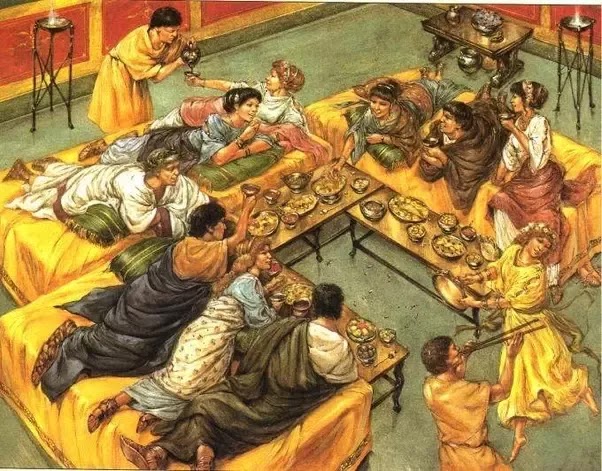Wow, what a crazy year. Lots of ups and downs. But there is one thing solid in an unstable world: the Ralphies.
Movies: Did I see any movies at all? I’ll give the Ralphie to the only one I remember watching (online): Spider-Man Across the Spiderverse.
TV: On the other hand, there was a lot of fun TV. Murder at the End of the World was good, especially for Emma Corrin’s performance. Bob’s Burgers became my main go-to late in the year (a wholesome show with fart jokes). The Chosen provided much fodder for Ralph, as you might have noticed. But the Ralphie goes to The Americans, which absorbed me (and even moved me) deeply. Yes, I watched the whole thing in 2 months.
Books: So many books, so little time. For fiction, the Ralphie goes to Fugitive Telemetry, a novel in the Murderbot series (which I love). For non-fiction … well, I haven’t finished reading it, but of course I have to give a Ralphie to this volume. *blush*
Music: Listening has shifted from album-based to song-based, because of the ubiquity of streaming services, and I’ve succumbed. Some of my favorites were Bang Bang, by Momma; Psychos, Jenny Lewis; Woman on Fire, BEL; Goner, girlhouse; and from the past, That Old Black Magic, Louis Prima and Keely Smith (and she was the best singer of her era, you can’t deny it); and Me & Magdelena, a gem by the Monkees (!). But the Ralphie goes to I’m In Love With You by The 1975 (dumb name for a band, great song).
Sports: Nice to see the Longhorns return to being good, and the Bengals are hanging in there as I write. But the Nats were awful again, and will probably be awful again in 2024. No Ralphies!
All right, my children, that’s it. If the Republic still is standing next December --which is far from certain-- I’ll see you then.

